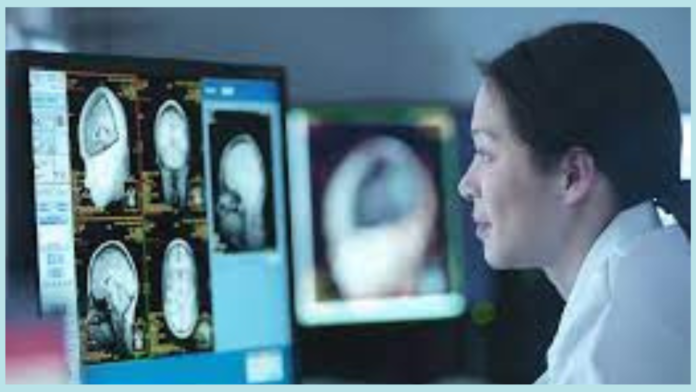Treatment for depression, a widespread mental health issue that affects millions of people worldwide, has historically presented difficulties.
For those suffering from severe depression, however, new research from the University of Nottingham in the United Kingdom offers hope.
According to the study, people who have not reacted to conventional therapies may be able to find relief from their symptoms with Magnetic Resonance Imaging (MRI).
Let’s examine this ground-breaking discovery in more detail, as well as how it may affect the treatment of mental illness.
Recognizing Depression and the Difficulties of Treatment:
Depression is a complicated mental health condition that can seriously lower one’s quality of life; it’s more than just feeling depressed.
Even though there are many different kinds of treatment for depression, such as counseling and medication, many people with depression don’t react well to these approaches.
This condition is referred to as treatment-resistant depression, highlights the need for alternate methods and poses a significant issue for therapists.
Here’s where MRI-Guided Therapy comes in: University of Nottingham researchers investigated how Magnetic Resonance Imaging (MRI) might direct treatment approaches for severe depression in a ground-breaking study.
The idea behind this method is to target treatment with Transcranial Magnetic Stimulation (TMS) by using MRI images to identify particular brain areas linked to depression.
An explanation of transcranial magnetic stimulation (TMS)
TMS is a non-invasive technique that stimulates brain nerve cells with magnetic fields. With encouraging outcomes, it has been used to treat a variety of mental conditions, including depression.
But getting the proper stimulation to the right parts of the brain is difficult, which is where MRI guidance comes in.
The Research Study: Under the direction of Professor Richard Morris, 255 patients with treatment-resistant depression participated in a thorough investigation carried out by a group of researchers.
Twenty TMS sessions were administered to these individuals, with the stimulation location being customized based on each person’s MRI scan. Evaluating how well MRI-guided TMS works to improve depressed symptoms and general quality of life was the aim.
Positive Outcomes:
The study’s conclusions were really impressive. For at least six months following therapy, patients who received MRI-guided TMS reported notable improvements in their quality of life and symptoms.
Over two-thirds of the participants thought the treatment worked, and many of them saw a significant improvement in their depressed symptoms. What’s especially positive is that depression affects a sizable percentage of people. did not arise again, even a few months later.
Implications for Mental Health Services: This research has significant ramifications. Treating severe depression with MRI-guided TMS is a targeted and potentially more successful option, especially for patients who have not responded to traditional therapy.
Through the utilization of cutting-edge imaging technologies, medical professionals may tailor treatment plans and achieve the best possible results for patients suffering from this crippling illness.
Taking Up Issues and Points to Remember:
Even if the study’s findings are encouraging, there are a few issues and factors that need to be taken into account.
First off, there might be obstacles to the broad adoption of MRI-guided TMS due to its cost and accessibility.
Furthermore, more investigation is required to ascertain the strategy’s comparative efficacy with conventional TMS therapy as well as its long-term safety and efficacy.
In summary, the research conducted by the University of Nottingham is a major step forward in the effort to transform the treatment of depression. For those suffering from severe depression, MRI-guided TMS provides a focused and potentially life-changing intervention, giving them new hope.
Prioritizing mental health research and ensuring fair access to state-of-the-art treatments for all individuals in need are crucial as we continue to investigate the potential of novel medicines.



